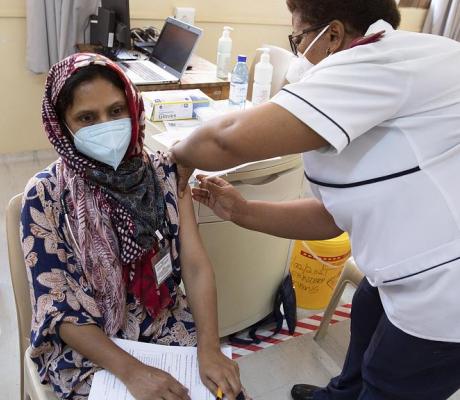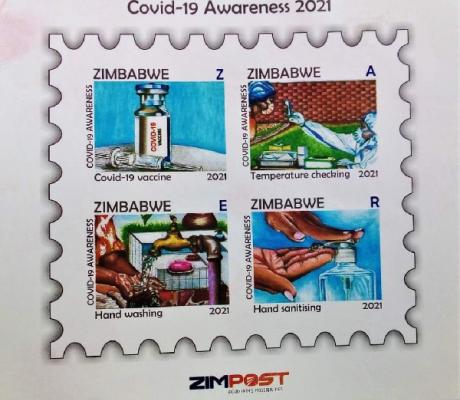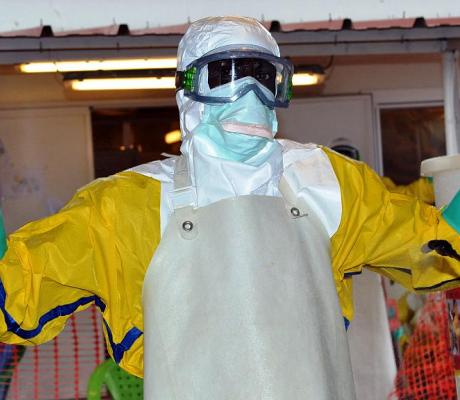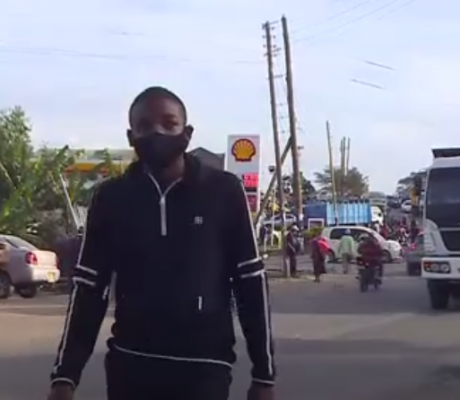Less than 200 people have gone through coronavirus testing out of 16 032 returnees who arrived in Zimbabwe after the outbreak of the world pandemic, a doctors group has said.
The unsettling revelation places doubt on the country's real Covid-19 status amid claims some mysterious deaths that could be linked to coronavirus went unreported.
In a statement Monday, the Zimbabwe Association of Doctors for Human Rights (ZADHR), called on government to seriously consider risks posed at the ports of entry, health facilities and social protection of vulnerable groups among other priorities.
Zimbabwean authorities say the country now has eight confirmed Covid-19 cases and one death so far.
"To date, just under 200 tests have been done despite the over 16 032 returnees from countries with confirmed COVID-19 cases according to the Health Ministry statistics," ZADHR said.
The association urged President Emmerson Mnangagwa administration to deal with the deadly virus in a holistic manner.
It also highlighted the current approach by the Health Ministry in which voluntary self-isolation is encouraged as porous, lacking monitoring, and heightening the opportunity to import the virus into Zimbabwe.
"The state must be proactive than reactive in ensuring COVID-19 cases are identified at the ports of entry as compared to picking symptomatic patients in the community," the doctors said.
The remarks come as a follow up to the national lockdown which has seen police officers manning various residential areas in line with the government stance aimed at disrupting the spread of coronavirus to many locals.
But while expressing hope over the measures' effectiveness, ZADHR warned, "we call upon the state to ensure the enforcement of the national lockdown in a manner that respects the rights of all citizens. The security forces must have adequate protective equipment and must be cautioned on violating the rights of citizens."
The doctors group said isolation and treatment centres across the country were in a bad state, lacking intensive care facilities and often not manned by people who have the required experience in handling complicated COVID-19 cases.
ZADHR urged the government to ensure high levels of transparency in the representation of the country's state of preparedness by the health ministry and other Government officials.
The group said one of the solutions to achieve this was through ensuring that concerns on safety clothing raised by nurses and doctors were addressed as a matter of urgency.
"We further call upon the state to come up with specific programs and policy interventions that target the elderly, those living with HIV and AIDS, those with chronic conditions and the prison populations," ZADHR said.
Source: allafrica.com







